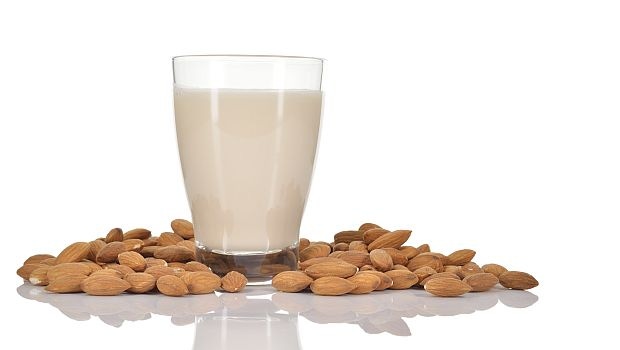James Kelly, the class-action lawyer that has sued Blue Diamond, declared in the lawsuit that he made a discovery after the Business Insider story came to light.

Blue Diamond Growers may blame a journalist for a recent putative class-action lawsuit that was filed in New York federal court against the agricultural cooperative.
Earlier this year, Business Insider's former news reporter Ryan Gorman sought to discover how many almonds are actually contained in a carton of almond milk. As he explained in an April 20, 2015 story, Gorman reached out to a number of sources in the almond industry, including Blue Diamond, but he wasn’t getting anywhere. A source eventually advised the reporter to check product labels in the United Kingdom, and Gorman discovered that one brand of British almond milk contained just 2 percent almonds per carton.
I suppose class-action lawyers like a good story as much as the rest of us because Business Insider’s piece garnered the attention of a law firm that has sued Blue Diamond. An amended lawsuit, filed earlier this month in the Southern District of New York, claims Blue Diamond has duped consumers by misrepresenting that its products are mostly made from almonds.
James Kelly, the class-action lawyer that has sued Blue Diamond, declared in the lawsuit that he made a discovery after the Business Insider story came to light: Blue Diamond discloses on packaging in the UK that its almond milk labeled products only contain 2 percent of almonds in the beverage. According to the lawsuit, Blue Diamond’s almond milk is made predominantly from less costly ingredients, namely sunflower lecithin and carrageenan. The lawsuit claimed the latter ingredient has been linked to potential cancer and digestion problems.
Blue Diamond “discloses to consumers in the United Kingdom that its almond milk labeled products contain 2% of almonds but does not disclose that to consumers in the United States," Kelly wrote in the lawsuit.
The named plaintiffs, Tracy Albert and Dimitrios Malaxianis, seek to represent U.S. consumers who purchased Blue Diamond’s almond labeled products from May 27, 2009 through the date of the complaint.
The lawsuit alleged the plaintiffs purchased Blue Diamond’s products “under the impression that the almond milk labeled product was primarily made from almonds." Their purchasing decisions were “based on the statements and claims on the packaging of the said product and information in the marketplace that almond milk was healthy and a premium product because it was primarily made from almonds," according to the complaint.
Blue Diamond, the agricultural cooperative and marketing service specializing in almonds, cited its policy not to comment on pending litigation. Founded in 1910, the Sacramento, California-based coop says it is owned by half of the state's almond growers who produce more than 80 percent of the world almond supply.
The allegations in the current lawsuit resemble claims in a lawsuit between POM Wonderful and Coca-Cola. Last summer, the U.S. Supreme Court voted to allow POM Wonderful to sue Coca-Cola for misleading consumers under a federal statute that is intended to prevent unfair competition.
Several years ago, POM accused Coca-Cola of duping consumers into believing a Minute Maid beverage contained mostly blueberry and pomegranate juices when in fact it contained very little of those substances. Supreme Court Justice Anthony Kennedy pointed out the drink consisted nearly entirely of apple and grape juices (99.4 percent), containing a mere 0.3 percent pomegranate juice and 0.2 percent blueberry juice.
About the Author(s)
You May Also Like






.png?width=800&auto=webp&quality=80&disable=upscale)